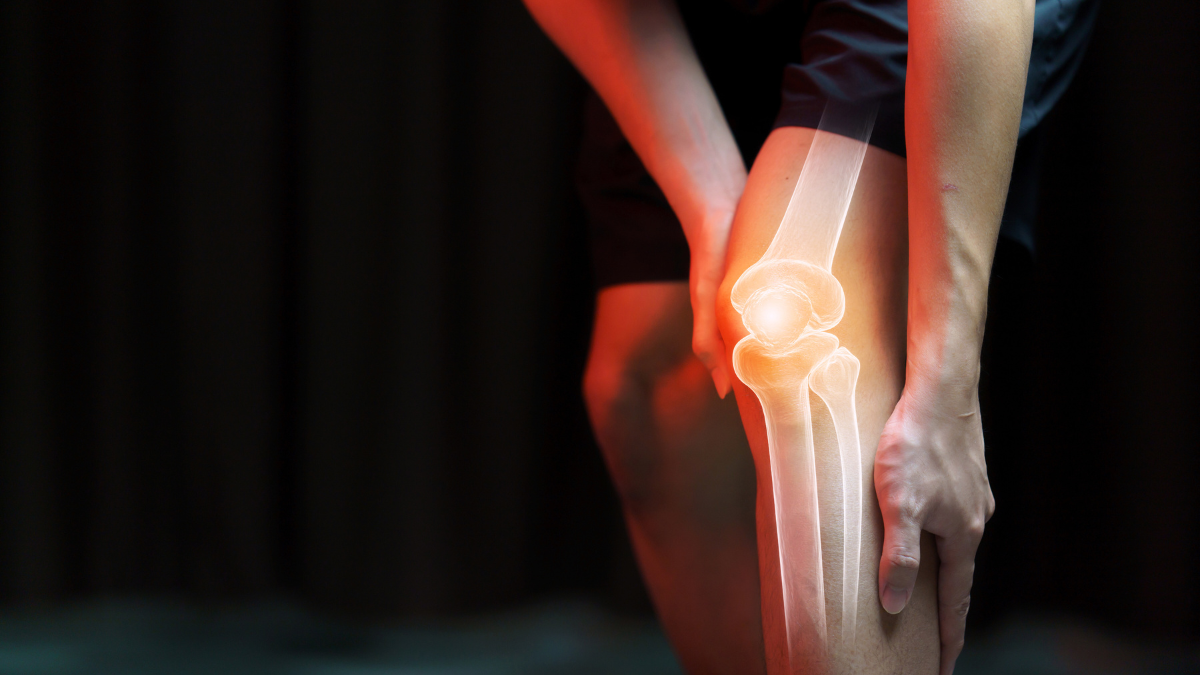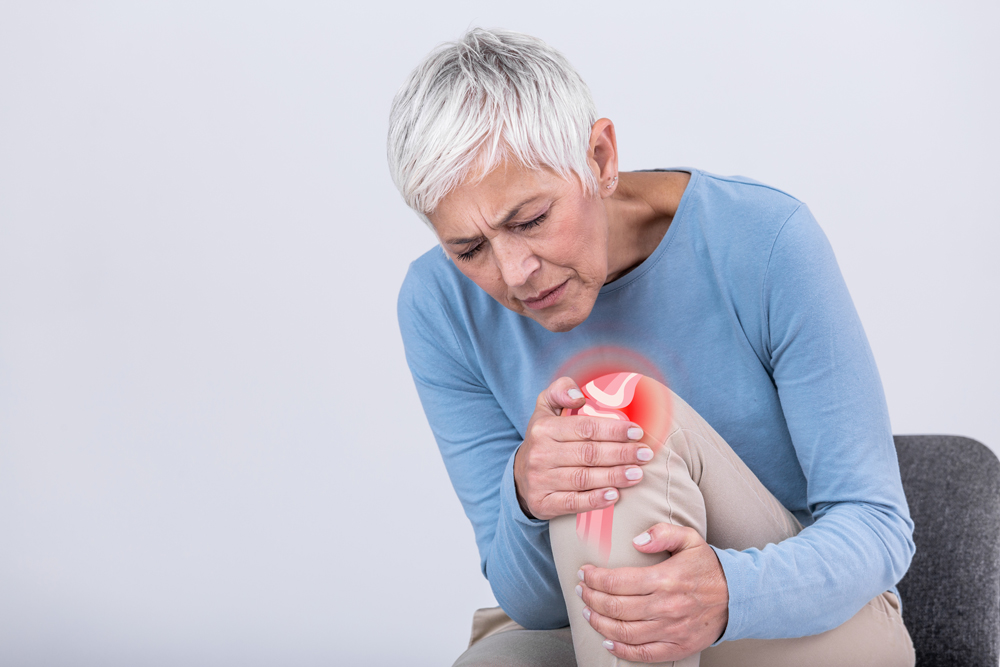Knee Pain: Causes and When to See a Specialist
Whether you’re an athlete or just someone going about your daily routine, knee discomfort, and pain can negatively impact your day.
Knee pain can range from a mild nuisance to something that interferes with your life. Knowing what’s behind your knee pain and when to seek help from a specialist can make all the difference in keeping you moving and avoiding long-term problems.
What’s Causing My Knee Pain?
Knee pain can pop up for various reasons, often due to arthritis, injuries, overuse, or chronic conditions. One of the most common culprits is injury to the ligaments or cartilage in the knee. The knee relies on several vital ligaments—like the anterior cruciate ligament (ACL) and the menisci—to provide stability and cushioning. Injuries to these structures, especially during sports or high-impact activities, can lead to sharp pain, swelling, and difficulty moving. ACL tears or meniscus injuries, for example, often require medical attention for an accurate diagnosis and treatment plan.
Overuse and Repetitive Motion
Overuse is another big factor in knee pain, especially for people who engage in repetitive motions like running or cycling. Over time, the constant strain on your knee joint can lead to conditions such as patellar tendonitis (commonly called jumper’s knee) or iliotibial band syndrome (IT band syndrome), which causes discomfort on the outer side of the knee. These injuries often develop gradually but can get worse if not properly treated.
Osteoarthritis
Osteoarthritis is also a major cause of knee pain, particularly for older adults. This condition happens when the cartilage in the knee wears down, leading to pain, stiffness, and swelling. Simple activities like walking or climbing stairs can become challenging, especially after periods of rest. While osteoarthritis tends to develop slowly, it can worsen over time and might require ongoing care to manage symptoms and maintain mobility.
Rheumatoid Arthritis
Another cause of knee pain is rheumatoid arthritis, an autoimmune disease where the body’s immune system mistakenly attacks its joints, leading to inflammation. Unlike osteoarthritis, rheumatoid arthritis can affect people of any age and typically involves swelling, redness, and warmth in the joint. Knee pain from this condition often accompanies fatigue and flare-ups that can worsen symptoms.
Mechanical Problems
Mechanical problems like a dislocated kneecap or loose bone fragments in the joint can also lead to knee pain. A dislocated kneecap occurs when the kneecap shifts out of place, causing sudden pain and trouble moving the knee. Loose bodies—small pieces of bone or cartilage that break off and float around the joint—can lead to pain or even a locking sensation when you try to move your knee.
Can I Treat My Knee Pain at Home?
While mild knee pain can often be handled with rest, ice, and over-the-counter pain meds, there are times when you should see a specialist. If your pain lasts more than a few weeks, involves significant swelling, or makes it hard to put weight on your leg, it’s a good idea to get checked out by an orthopedic specialist. Any sudden, severe pain after an injury should be immediately seen to rule out severe damage like ligament tears or fractures. For ongoing knee pain from conditions like arthritis, an orthopedic specialist can help create a treatment plan tailored to your needs.
Knee Pain Specialist in Kansas City, MO
Getting the proper care early on can make a big difference in how well and quickly you recover. Whether your knee pain is due to an injury, overuse, or a chronic condition, a specialist can help identify the cause and guide you toward the best treatment to get you back to normal activities. Book an appointment with our expert knee orthopedic specialists.


